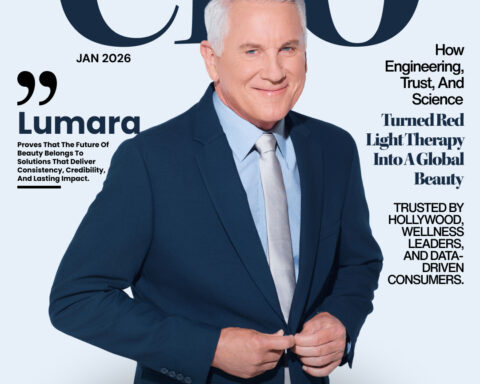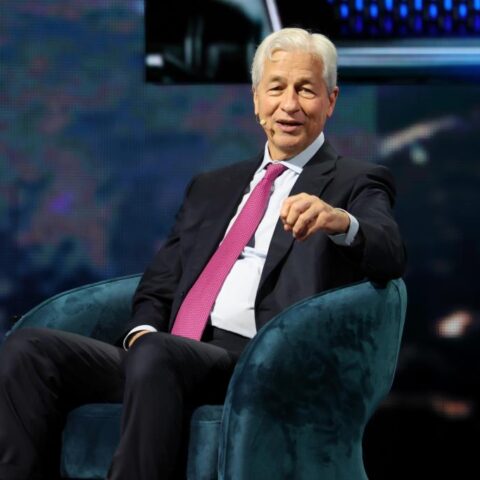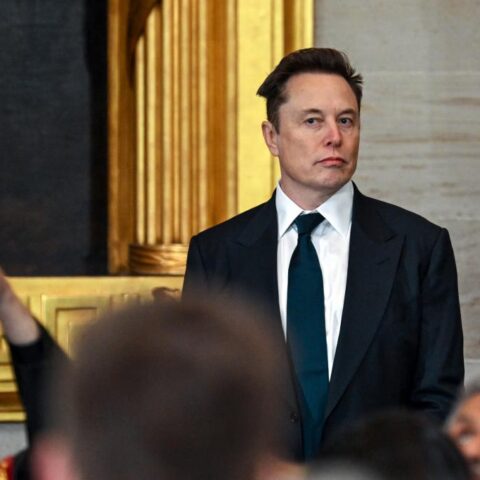AliExpress, the e-commerce platform owned by Chinese conglomerate Alibaba, has signed former England soccer captain David Beckham as its brand ambassador.
This move is part of a strategic push to compete with rival PDD Holdings’ Temu and capture a larger global market share for affordable made-in-China goods.
Strategic Shifts in Alibaba’s International Ambitions:
Alibaba’s domestic e-commerce growth has been slowing, prompting the company to invest heavily in boosting its international sales. The international division, including AliExpress, is now Alibaba’s fastest-growing unit, with revenues increasing by 45% year-on-year from January to March.
Earlier this year, AliExpress signed on as a sponsor of the UEFA Euro 2024 tournament, investing millions in discounts, deals, and consumer engagement. This sponsorship aligns with their strategy to attract a global audience, leveraging soccer’s popularity to boost brand visibility.
David Beckham Campaign:
The advertising campaign featuring David Beckham will run with the UEFA Euro 2024 tournament. This campaign aims to resonate with soccer fans in Europe and Latin America, mirroring Temu’s successful marketing strategy. Temu saw a significant increase in app downloads after airing commercials during the Super Bowl.
Competitive Landscape:
Temu, owned by PDD Holdings, has quickly gained traction globally. It offers inexpensive products like $5 earbuds and $10 dresses.
Since its launch in 2022, Temu has expanded to over 60 global markets, with an estimated revenue of $18 billion in 2023. This rapid growth has pressured Alibaba to enhance its international strategy.
To better compete with Temu, Alibaba is leveraging its logistics capabilities. The recent buyback of its logistics arm, Cainiao, is expected to strengthen AliExpress’s logistical advantages, enabling it to offer five-day delivery windows to 11 markets.
Challenges and Future Outlook:
Alibaba has historically struggled with execution in its international endeavors. Unlike Temu, which quickly entered the U.S. market, Alibaba has been more cautious, debating the challenges of competing with giants like Amazon. This hesitation has cost Alibaba market share, which it seeks to reclaim.
The competitive landscape in cross-border e-commerce is shifting, with companies like Temu setting new benchmarks for speed and affordability. To succeed, AliExpress must differentiate itself and find unique ways to appeal to global consumers.
Market Penetration:
AliExpress currently operates in over 100 markets. The combination of strategic marketing campaigns, like the partnership with David Beckham, and improved logistics could help AliExpress enhance its market penetration and compete more effectively with Temu and other rivals.




















